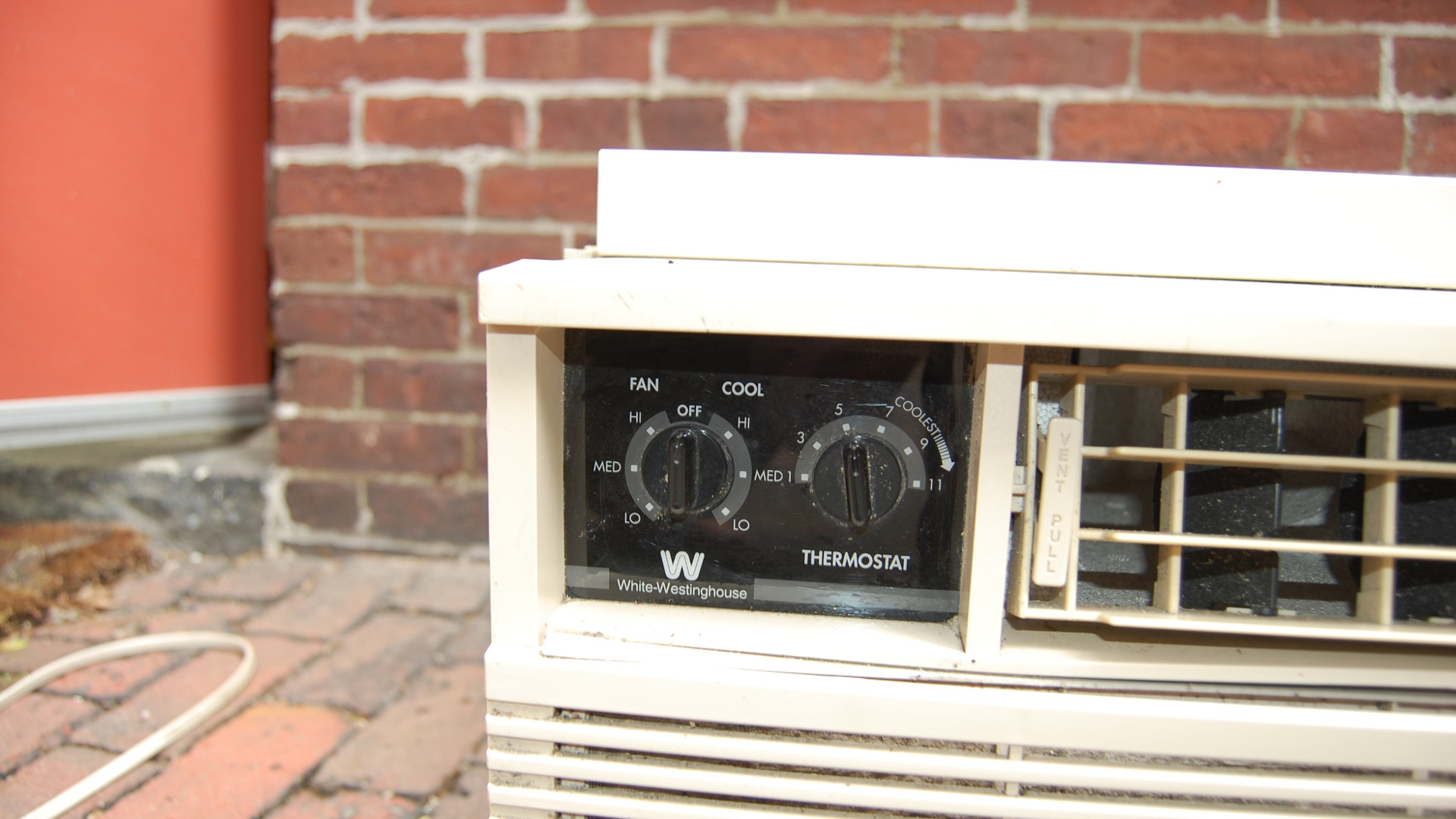Low-income families in the United States could be left out in the cold — or in the brutal heat — by President Trump’s proposed 2018 budget.
A little-noticed provision of Trump’s so-called “Taxpayer First Budget” would eliminate funding for the Low-Income Home Energy Assistance Program (LIHEAP), which has assisted millions of families annually with their heating and cooling costs since 1981. The $3.09 billion dollar program provides block grants to states, territories and tribal organizations, which then distribute funding to constituents in need.
Those families already struggle with their heating and cooling bills, which is why the program was created in the first place. According to a report issued earlier this year by the NAACP, low-income and African-American families disproportionately suffer overly high energy burdens. Not only do utility rates take up an overly large portion of expenses for these households, the report details how some utilities routinely shut off service to customers who have trouble keeping up with their bills. Many states offer little to no protection to get those utilities turned back on, even during the dangerous heat of summer or below-freezing winter temperatures.
According to the NAACP:
- 7 states offer no payment plans to cure delinquency
- 8 states have no medical protection policies on affecting disconnection of services;
- 11 states have no disconnection limitation polices
- 14 states have no date-based protection policies, which set specific dates of when customers cannot, without due diligence, be disconnected from a utility service
- 28 states have no temperature-based policies — meaning, regardless of how cold it becomes, utilities can be shut-off
- 11 states have no disconnection limitations
- And 36 states have reconnection fees, requiring customers to pay even more to get their service turned back on.
The NAACP calculates that the elimination of the energy assistance program would impact over one million African Americans and nearly 7 million Americans in total. They also estimate that thousands of people a year would face health risks without the program — a number that would only increase in the face of climate change.
“As summertime temperatures increase, and heat waves and droughts become more frequent, people with fewer means are increasingly vulnerable,” says Marcus Franklin, environmental and climate justice program specialist with the NAACP. “Heat is already the number-one weather-related killer in the U.S., triggering asthma attacks, heart attacks and other serious health impacts. The fact that states across the nation do not have seasonal protections in place should be frightening for socially vulnerable communities.”
About half of the program’s current funding goes toward winter heating, but Franklin says he particularly worries about the need for cooling during hot summers. Specifically, the urban heat island effect, which can cause city temperatures to rise as much as 22 degrees above normal, will be hard on low-income city populations. “The hottest parts of the country, including Texas, the Southwest and Florida, have already experienced large increases in extreme heat days, including days over 90, 95 and 100 degrees,” he says. “Extreme heat paired with rising humidity levels make blistering hot days more dangerous.” These areas, which include several of the fastest-growing cities in the country according to the U.S. Census Bureau, are projected to encounter dangerous increases in heat in the coming decades. “Heat-related deaths due to urban extreme heat are common in other regions as well, notably in large cities like Los Angeles and New York. Air conditioning is a luxury many cannot afford.”
Franklin says the release of their report in March, which received surprisingly little media attention, still generated a lot of outrage among the organization’s members and partners. He says one of the most common comments they received about the report “is that it articulates a vision for an energy future that society can strive toward: energy access as a basic right.”
The NAACP’s full report on this issue breaks down existing utility shut-off protections – or lack of them – state by state, while also providing a roadmap for working with utilities and regulators to improve the situation. Franklin says gathering more information and personal stories about utility shut-offs will help to secure a brighter, and safer, future for all customers around the country regardless of the political climate.
Previously in The Revelator:



1 thought on “Trump Budget Would Leave Low-Income Families Feeling the Heat”
Comments are closed.